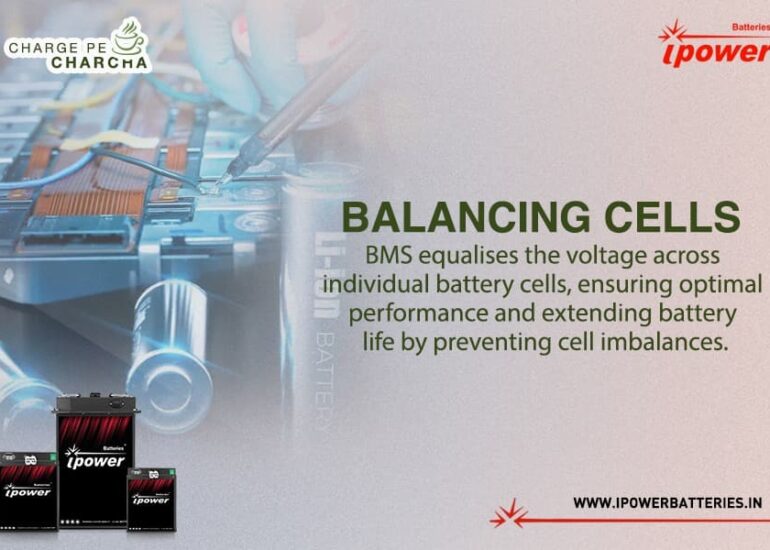Lithium batteries are at the heart of modern technology, powering everything from smartphones to electric vehicles (EVs). As India advances toward electric mobility and renewable energy goals, ensuring the safety, reliability, and performance of lithium batteries has become crucial. The Bureau of Indian Standards (BIS) has stepped in to address these needs with a comprehensive framework of standards tailored for lithium batteries. These standards aim to prevent risks like overheating and explosions, establish uniform benchmarks for manufacturers, and boost consumer confidence in the rapidly expanding market for lithium batteries in India.
What Are BIS Standards?
The Bureau of Indian Standards (BIS) is the national standard body of India responsible for developing and enforcing safety and quality standards across industries. BIS standards for lithium batteries ensure that these energy storage devices meet stringent safety, performance, and reliability benchmarks. They also align with international norms to support India’s integration into global markets.
Key BIS Standards for Lithium Batteries
IS 16046-1 and IS 16046-2: These standards are based on the international IEC 62133 framework. They ensure the safety and reliability of lithium-ion and lithium-polymer batteries used in portable devices like smartphones, laptops, and power banks.
IS 16893: This standard is designed for large-format batteries, such as those used in electric vehicles and renewable energy storage systems. It specifies requirements for safe design, assembly, and testing of lithium-ion battery packs.
IS 17092: Focusing on solar energy applications, this standard lays out safety and testing criteria for cells and batteries used in renewable energy storage solutions.
Performance Testing Standards: To address the Indian climate, BIS mandates testing for performance under extreme conditions, such as charge/discharge cycles, thermal stress, and short circuits, ensuring durability and reliability.
Why BIS Standards Are Important
Ensuring Safety: Lithium batteries can pose risks such as overheating, fire, and explosions if poorly designed or manufactured. BIS standards mitigate these risks through strict testing and quality assurance protocols.
Boosting Consumer Trust: When manufacturers adhere to BIS standards, consumers are assured of the safety and reliability of the batteries they use, fostering trust in both products and brands.
Promoting “Make in India”: By providing a clear regulatory framework, BIS standards encourage domestic production, reducing reliance on imports and supporting India’s vision of becoming a global manufacturing hub.
Global Competitiveness: Aligning with international standards like IEC 62133 and ISO 12405 ensures that Indian-made lithium batteries can compete in global markets, opening up export opportunities.
Future of Lithium Batteries in India
BIS standards are pivotal for ensuring the safe and sustainable adoption of lithium batteries in India. To streamline implementation, the government and industry stakeholders should expand testing infrastructure, offer incentives for compliance, and raise awareness about the importance of certified products. These efforts will not only address safety concerns but also accelerate India’s transition to clean energy and electric mobility.
Moving ahead
BIS standards for lithium batteries in India set a high benchmark for safety, performance, and reliability. They play a vital role in protecting consumers, supporting domestic manufacturing, and aligning Indian products with global standards. As demand for lithium batteries grows, these standards will be instrumental in shaping a safe, sustainable, and competitive future for the industry.





